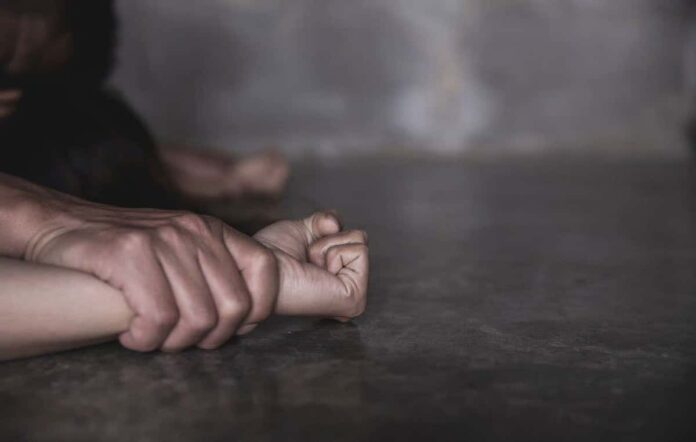By Milcah Tanimu
A recent comprehensive survey focusing on sexual violence against women has unveiled a disturbing surge in incidents within Nigerian communities.
The survey, spanning three Nigerian states—Enugu, Nasarawa, and Kaduna—revealed that approximately 49 percent of women and girls under 40 years of age had encountered sexual abuse.
Dubbed “Kasa” (meaning “voices”), this survey was initiated to amplify the narratives of those enduring violence, driving action against the issue. The findings also highlighted that around 80 percent of women aged 60 and above had been subjected to sexual violence during their lifetimes.
Christy Asala, the technical expert who presented the survey’s findings during a virtual press conference, emphasized that this research provided an avenue to solicit and listen to women from diverse backgrounds, capturing their experiences with sexual violence.
Representing the African Women Development Fund (AWDF), Asala expressed deep concern over the data collected, underlining that numerous women living amidst violence might not even be aware of their situation.
“The data we obtained from the survey is alarming due to the substantial numbers. During the listening sessions, respondents shared their harrowing experiences of sexual abuse,” she conveyed.
The survey, funded by the African Women Development Fund, demonstrated that the primary demand from women and girls was an urgent need for preventative and corrective measures to safeguard females from violence. The surveyed individuals also called for severe penalties for sexual violence perpetrators and urged law enforcement agencies to ensure justice.
Meanwhile, Charles Jang, a Research, Monitoring, and Evaluation Officer at Cognito who participated in the survey, pointed out the challenges young females encounter when reporting incidents of sexual violence.
“A lot of people are trying to break the culture of silence, but when they report, procedures are not followed through to the end. Either the Ministry of Justice falls short or law enforcement officers deviate from their responsibilities,” he stated.
Onyinye Mamah, coordinator of the survey in Enugu State, highlighted the necessity for improved mechanisms to eradicate gender violence across Nigeria, particularly in Enugu. Mamah, who heads the Heroin Women Foundation in the state, called for robust reporting mechanisms as cases often slip through the cracks, leaving victims without justice.
“When we report to the Ministry of Justice, the Police, or other agencies, they don’t take it as seriously as NGOs do. NGOs can provide limited rehabilitation but lack the authority to punish offenders,” she noted.
The survey, executed by the White Ribbon Alliance of Kenya in Nigeria, Ghana, and Senegal, sheds light on a pressing issue that requires collective efforts to address effectively.

